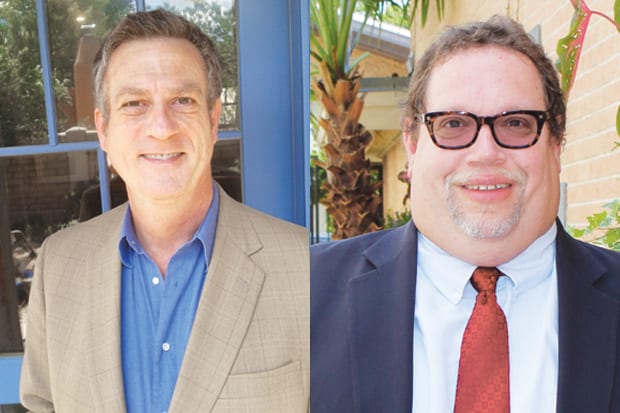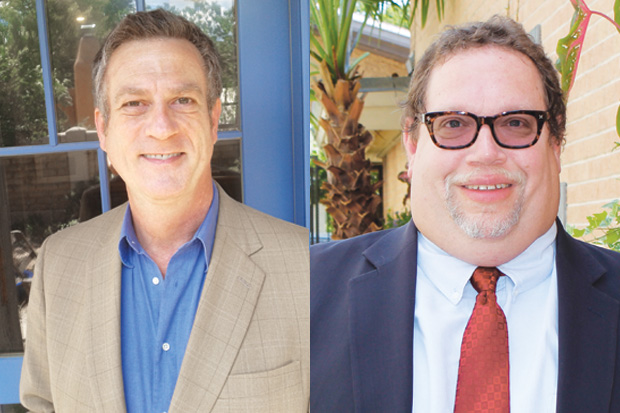Area advocacy groups help charter school network develop procedures
An area charter school operator began the new school year with a tough new anti-bullying policy that impacts 14 campuses and 10,000 students, thanks to the work of two area LGBT advocacy groups.
The Resource Center’s Rafael McDonnell and Fairness Fort Worth’s David Mack Henderson worked with Uplift Education to add specific language protecting students from bullying and harassment based on “sexual orientation, gender identity and expression,” and other forms of bullying and harassment.
Currently under Texas law sexual orientation and gender identity are not protected categories. The last time the Legislature passed anti-bullying legislation was in the 83rd legislative session in 2011. It added language to the state’s laws to include cyber bullying and other forms of harassment.
But Henderson said, “The law does not even have enumerated categories, unlike both the Dallas and Fort Worth Independent School Districts.”
It also does not apply to charter schools.
The two-year collaboration began when then-FFW President Thomas Anable and McDonnell, both Fort Worth residents, approached the regional network about strengthening their policy. At that point, Uplift was expanding throughout the area and entering Tarrant County.
McDonnell said the network was receptive from the very beginning: “They were looking to expand their policy.”
The duo had already collaborated, looking for opportunities to add protections for LGBT people regionally, said McDonnell. When Anable died, Henderson stepped in.
Henderson was experienced in this area, in part because he worked with major area school districts to add language and protections in their anti-bullying and -discrimination policies. He said he knew how to speak the language.
“When you speak to boards or trustees, you have to speak the language of the people there. [In this case], you have to make a business argument,” Henderson said. “It makes sense to include and protect LGBT people in your policies for faculty, students and staff because it makes you more competitive” and casts a net to a wider audience.
As soon as he joined McDonnell, Henderson experienced a similar welcoming reception from Uplift.
And when they got the first draft last summer, both men were impressed. “When we got the draft, it was one of the best drafts we had seen,” said Henderson.
McDonnell agreed. “It needed very little work.”
Uplift’s board approved the policy in April after collaborating with administrators, academics and others. It is now in its student code of conduct handbook.
Ultimately, both had nothing but praise for the successful policy, despite the two-year wait.
It’s also a sobering victory for the two: Both noted it was the last unfinished project Anable and McDonnell had been working on.
This article appeared in the Dallas Voice print edition August 15, 2014.



